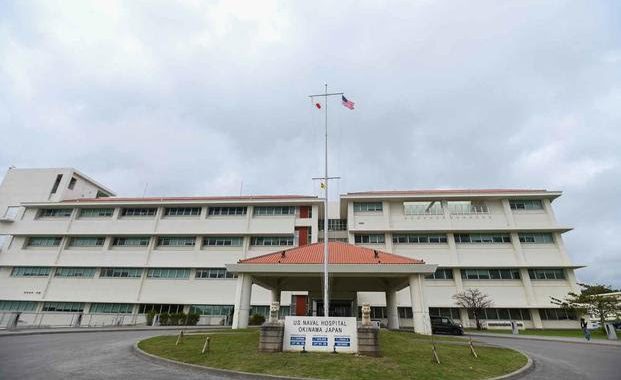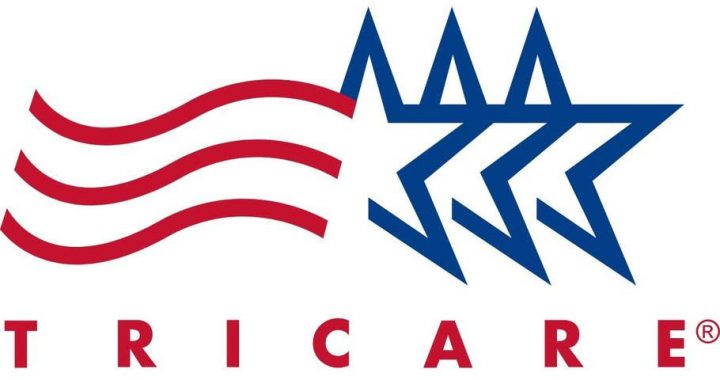Womack Army Medical Center Embarks on Level III Trauma Designation
2 min read
FORT BRAGG, NC, UNITED STATES
Story by Twana Atkinson
Womack Army Medical Center
Womack Army Medical Center was designated as one of three trauma centers in a 10-county radius Nov. 6.
The American College of Surgeons accredits WAMC as a Level III trauma center as able to provide complex healthcare delivery to Soldiers and family members of the home of the Airborne & Special Operations.
Jennifer Carney, trauma program coordinator at Womack, explained how the designation increases the capabilities as a power projection platform in the worldwide joint trauma system.
“Becoming a level three trauma center has helped to streamline and correct processes that affect the care of our traumatically injured population,” said Carney. “The program provides a feedback mechanism in which we can continually improve how we perform trauma care.”
The ACS Verification, Review, and Consultation Program is designed to assist hospitals in the evaluation and improvement of trauma care and provide objective, external review of institutional capability and performance.
Col. John Melton addresses the audience during his speech stating, “Today, trauma is the leading cause of death and disability for Americans age 45 and younger. Reports suggest one of five civilian trauma deaths and one of four military trauma deaths could be prevented.”
North Carolina has developed an inclusive trauma system that is organized, multi-disciplinary and evidence-based in its approaches to providing quality care and improving measurable outcomes for all defined injured patients.
“You are now part of the North Carolina trauma system, but you are also now part of the North Carolina trauma family,” said Dr. James Winslow, the medical director North Carolina Office of Emergency Medical Services.
These functions are accomplished by an on-site review of the hospital by a peer team, experienced in the field of trauma care.
The team assesses commitment, readiness, resources, policies, patient care, performance improvement, and other relevant features of the program.
The designation also required state and federal partnerships to become ACS verified and North Carolina designated and part of the University of North Carolina Medical Center Mid-Carolina Regional Advisory Committee and North Carolina Trauma System.
“We are also able to assure that staff is adequately trained to be ready to accept various injuries at any time of the day for our community,” said Carney. “The program is also able to provide community education on the Stop the Bleed initiative to any DoD affiliate, further assisting with moving toward zero preventable deaths.”
Melton ends the ceremony saying, “What I see are allied and coalition partners—with a common purpose to build host nation, state, and county trauma capability right here in central North Carolina.”





